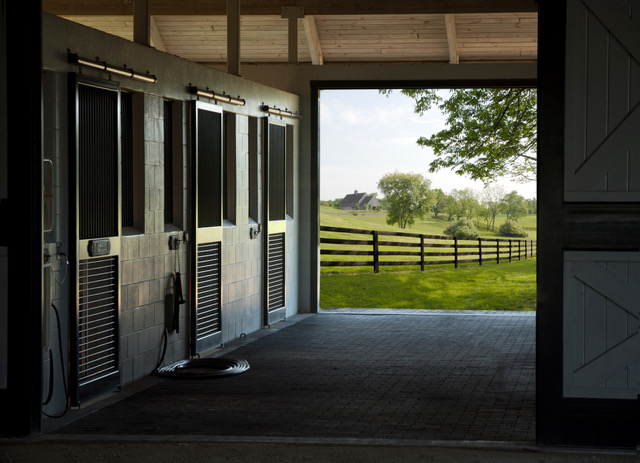LSU Vet Med Instrumental in Identifying Toxin Affecting Louisiana Horses
January 11, 2023 Comments Off on LSU Vet Med Instrumental in Identifying Toxin Affecting Louisiana Horses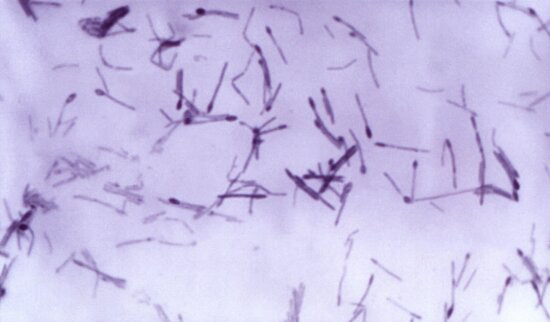
LSU School of Veterinary Medicine LSU Vet Med worked with the FDA and the Louisiana Department of Agriculture BATON ROUGE—The LSU School of Veterinary Medicine was instrumental in diagnosing and treating several horses in Louisiana infected with a suspected toxin. The investigation revealed a much wider problem, as the culprit was alfalfa cubes infected with Clostridium […]
Continue reading …Circling Back to Joint Health in Horses
January 9, 2023 Comments Off on Circling Back to Joint Health in Horses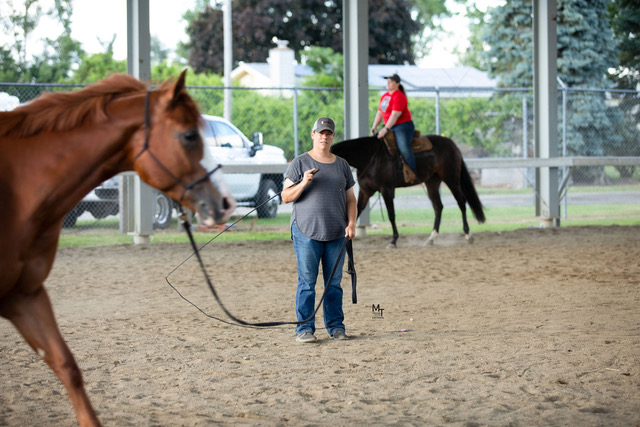
Kentucky Equine Research Regardless of discipline, young horses in training frequently work in circles, either on longe or long lines, under saddle, or in round pens. During these exercises, horses typically lean into the center of the circle to maintain balance. As a result, the strains placed on the inside limbs are different from those […]
Continue reading …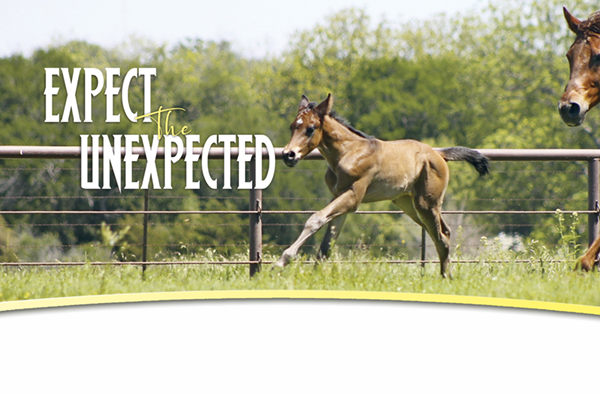
The anticipation grows with each day that gets crossed off the calendar. For months, mare owners have researched bloodlines, plotted a course, and then bred their mare in hopes of producing a dream maker. As days get closer, a breeder’s heart swells with the pride that will soon be a wobbly-legged “trophy” for the time, sweat, and money spent on the pairing of mare and stallion
Continue reading …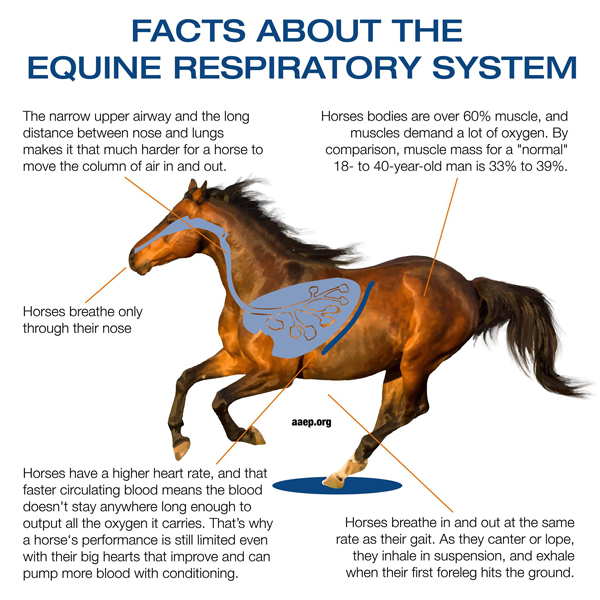
By Brian S. Burks, DVM Diplomate ABVP Board Certified in Equine Practice Fox Run Equine Center Reasons for an airway evaluation in an adult horse include coughing, bilateral nasal discharge, exercise intolerance, and/or increased respiratory rate either at rest or during work. Coughing, whether acute or chronic, should form the basis of a lower airway examination, […]
Continue reading …Does Early Castration Affect Foals’ Development?
December 30, 2022 Comments Off on Does Early Castration Affect Foals’ Development?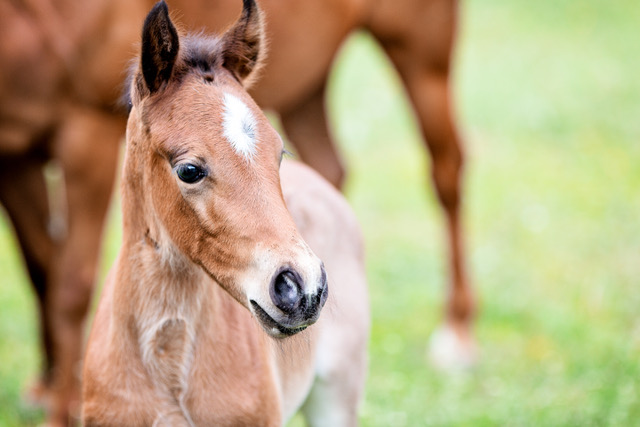
Equine Science Update Tuesday, December 27, 2022 Posted by Mark Andrews Male horses are generally castrated to make them easier to manage. Traditionally equine castration (or gelding) has been carried out at the yearling stage (c6-18 months of age). The procedure may be delayed in the hope that doing so will allow the colt to […]
Continue reading …Water: An Oft-Forgotten Nutrient for Horses
December 28, 2022 Comments Off on Water: An Oft-Forgotten Nutrient for Horses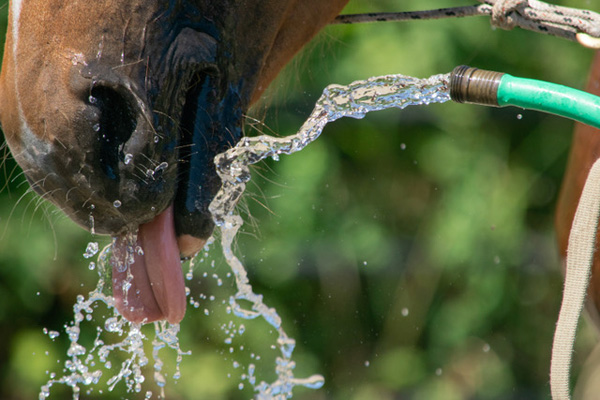
By Kentucky Equine Research Staff The most important nutrient in the horse’s diet is one that is rarely thought about in detail: water. An adult horse’s body is composed of roughly 70% water, which equates to about 95 gallons (360 liters) of water for the average 500-kg horse. Foals have even higher water content, roughly […]
Continue reading …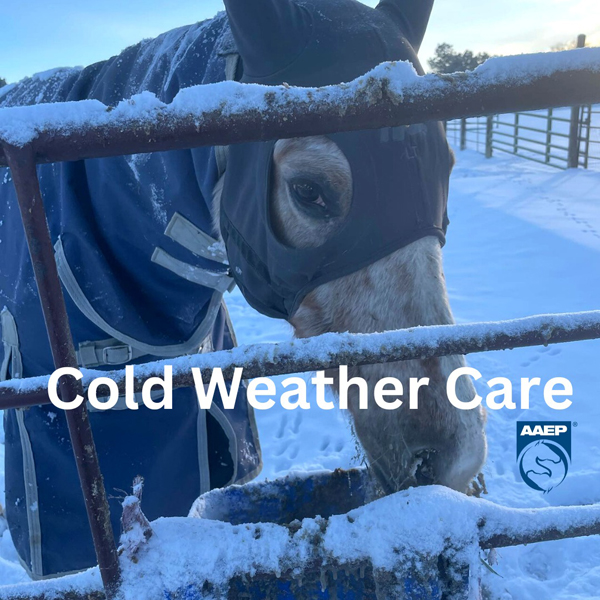
Dr. Sarah Reuss, Chair of the AAEP’s Horse Owner Education Committee As severe winter weather marches across the U.S. and Canada, Dr. Sarah Reuss, chair of the AAEP’s Horse Owner Education Committee and a horse owner herself, shares the following advice for keeping your horse safe during this extreme weather event. 1. While lots […]
Continue reading …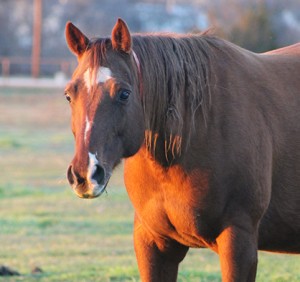
By Kentucky Equine Research Staff Through a combination of commitment by horse owners and improved understanding of the special needs of geriatric equines, aged horses are living longer, richer lives. In turn, many older horses continue to earn their keep, so to speak, and undertake various athletic activities with their owners. The question is, can older horses hack the […]
Continue reading …FDA Cautions Horse Owners Not to Feed Recalled Lots of Top of the Rockies Alfalfa Cubes
December 20, 2022 Comments Off on FDA Cautions Horse Owners Not to Feed Recalled Lots of Top of the Rockies Alfalfa Cubes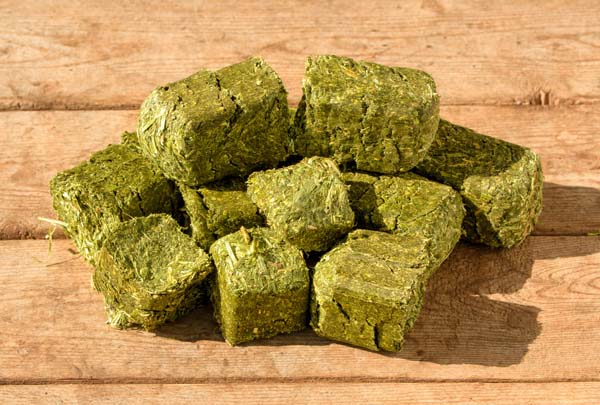
FDA December 17, 2022 FDA Cautions Horse Owners Not to Feed Recalled Lots of Top of the Rockies Alfalfa Cubes Due to Reports of Illness and Death FDA, in cooperation with state departments of agriculture in CO, LA, NM, and TX, is investigating cases of illness and death in horses. Fast Facts The U.S. Food […]
Continue reading …








